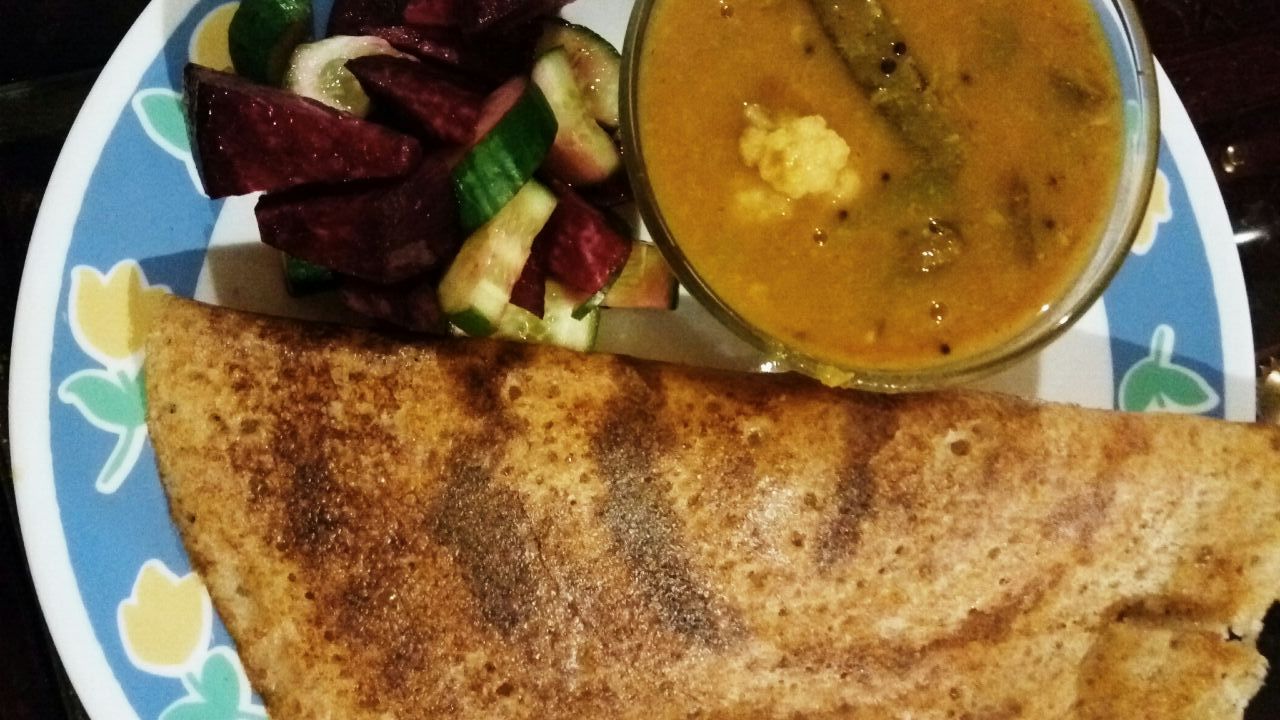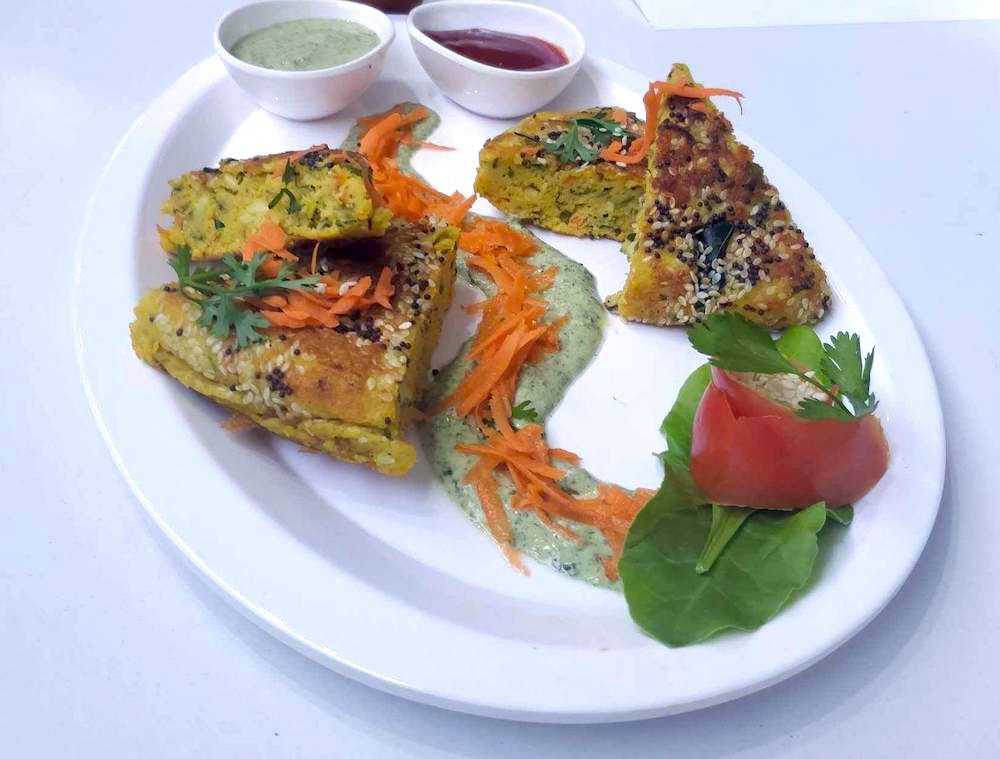Good Food Guide: Kodo Millet Idlis

[Every Thursday, we feature recipes for wholesome meals that use climate-friendly foods such as millets, fresh seasonal produce, and native grains from across India.]
Millets being high fibre foods offer many benefits over polished rice and wheat. They are especially helpful in controlling blood sugar because they take longer to digest and limit spikes in blood sugar levels. Millets are also storehouses of micro-nutrients such as magnesium and copper.
Opt for unpolished millets, if possible which retain their oily bran layer which is rich in disease-fighting phytochemicals.
This recipe substitutes the rice in regular idli batter with kodo millet (known as harka in Kannada, varagu in Tamil, arikelu in Telugu, and kodra in Hindi, Gujarati and Punjabi). The methi seeds and beaten rice softens the batter to yield 20-24 soft, fluffy idlis. You could also use this batter to make dosas.
What you'll need
- Kodo millet - 1.25 cups
- Unpolished urad dal - 0.25 cups
- Thick red rice poha - 3 tablespoons
- Methi seeds - 10-15 grains
- Salt and water - as needed.
Directions
Wash all the ingredients together, except the salt and soak them together for 4 hours.
Grind the soaked ingredients together, adding the soak water and salt. Do not add any more water or the batter becomes runny. Ensure you have a batter with the same consistency as regular idli batter. Too much water can make idlis flat while too little water produces hard idlis.
Ferment the batter overnight or for a minimum of 12 hours until it has increased in volume.
Stir the batter well before pouring it into the idli pan. Steam it for 10 minutes or until the idlis are well cooked.
Remove the idlis with a spoon dipped in warm water and serve hot with chutney and/ or sambar.
(The Good Food Guide brings you weekly recipes for wholesome meals that you can easily cook at home. Have a recipe to share? Mail it to us at editor(at)earthamag(dot)org together with your name and a picture of your dish.)






